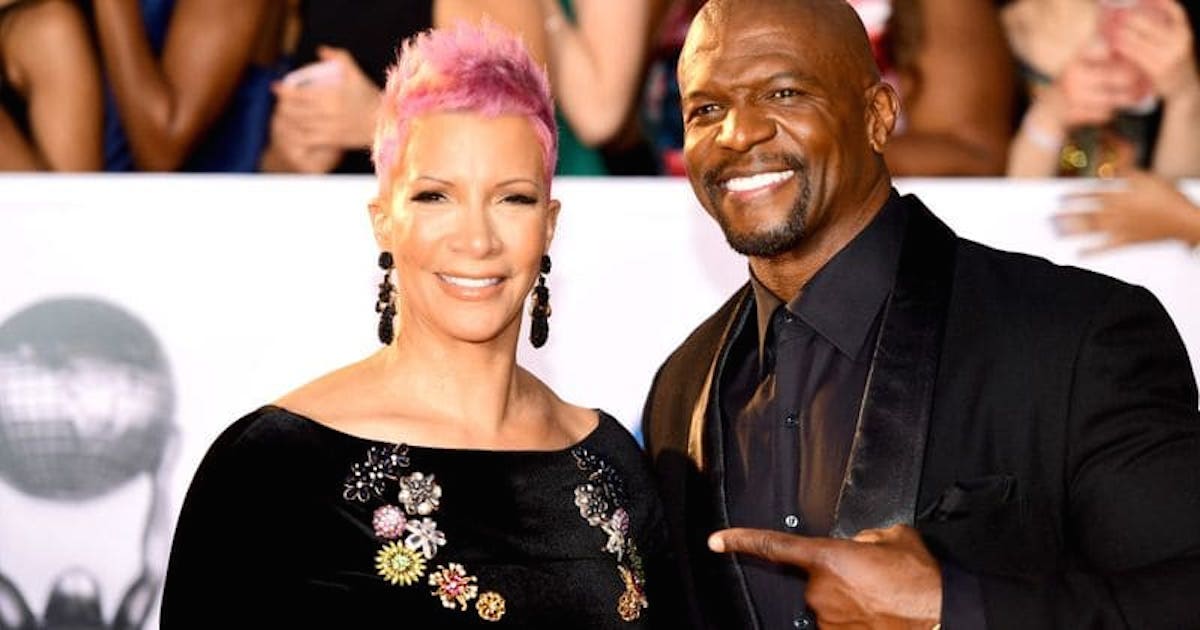“Our world kind of came crumbling down,” says White Chicks actor Terry Crews while discussing his wife, Rebecca Crews’, stage 1 breast cancer diagnosis.
Rebecca Crews, 54, was diagnosed with breast cancer late March and immediately underwent a double mastectomy for treatment two weeks after her diagnosis. Terry Crews shares how he and his family’s lives were impacted following the diagnosis, and how Crews was inspired by his wife’s strength.
Read MoreRelated: The Toughest Conversations: Losing a Spouse to Cancer
“It made me more thankful for what we have,” Crews said. “The fact that basically the world stopped, but I got to be her nurse which was incredible, no other time would I have been able to do that.”
Considering A Mastectomy After A Breast Cancer Diagnosis
For women who have a family history of breast cancer, or have received a breast cancer diagnosis, they might choose to undergo a mastectomy for treatment. This is a procedure which surgically removes the entire breast, and while considering a mastectomy, women should weigh factors such as family history and the size of the tumor.
Related: Caitlin Kiernan Gets Intimate About Dating After a Mastectomy
“Even for early stage one breast cancer, a woman may elect a mastectomy to remove her whole breast,” Dr. Elizabeth Comen, a medical oncologist at Memorial Sloan Kettering Cancer Center, tells SurvivorNet. “Sometimes, this is something that’s done prophylactically, meaning a woman just has a high risk of breast cancer in their family, snd so to prevent breast cancer, they’re thinking about removing their breasts.”
Dr. Elizabeth Comen and Dr. Ann Partridge explain when women should consider a mastectomy
The Importance Of Support During Breast Cancer Treatment
A cancer diagnosis can be an extremely difficult thing for people to cope with, and so a support system is necessary for those going through treatment. Whether it’s friends, family, or a surrounding community, it’s important that cancer patients feel supported throughout their battle with cancer. Makeup artist and non-Hodgkin's lymphoma survivor Ramy Gafni told SurvivorNet that his mother, who is a fellow cancer survivor, was the one he turned to as a role model.
“My mom has had cancer like three times, and she’s still with us, happily,” Gafni said. “She had Hodgkin’s disease when I was nine years old, and here I was at 31 with non-Hodgkin’s. So she was my role model. I was like, well, she got rid of it, got on with her life, and I’m going to do the same.”
Related: The Benefit of Support Networks for Cancer Patients
For ovarian cancer survivor Cristan Creasy, she and her husband didn’t register her cancer diagnosis until later. Even though they both were devastated at the news, Creasy said having her spouse by her side helped her through treatment.
Ovarian cancer survivor Cristan Creasy on how she and her husband got through cancer together
"We had a difficult time processing the fact that I had cancer," Cristan told SurvivorNet. "It's kind of a funny story. We came home from the doctor after learning that I had stage 1 ovarian cancer, and for two days we didn't even discuss that I had cancer. Then literally, there was a moment where we were just laying there in bed and we just looked at each other, and we both start crying together. That was our moment where we could both release … once he got that out and realized it, then he was able to really step in and say, 'OK, we got this together.’"
Learn more about SurvivorNet's rigorous medical review process.


